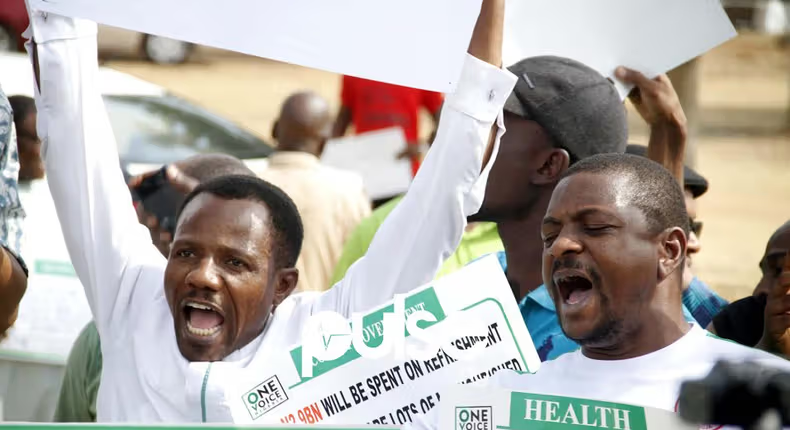In the wake of a significant increase in petrol prices, many Nigerians are expressing their distress over the escalating cost of living. The pump price of petrol recently surged from ₦897 per litre to ₦1,030 per litre, prompting widespread complaints about its impact on daily life and the economy.
Economic Expert’s Warning
Dahiru Garba, an economic expert, highlighted the far-reaching consequences of this price hike, suggesting it could push more Nigerians into poverty. He argued that this sudden adjustment in fuel prices by the Nigeria National Petroleum Company Limited (NNPC Ltd.) and fuel marketers would have devastating effects on the private sector, trade, and the already struggling populace.
Garba emphasized the immediate repercussions:
- Transport Costs: Higher fuel prices will lead to increased transportation costs.
- Food Prices: As transport costs rise, so will food prices, placing additional strain on households.
- Business Viability: Businesses, especially small and medium-sized enterprises (SMEs), may face difficulties, and some could potentially close.
- Inflation: The overall inflation rate is expected to climb, exacerbating the economic situation for many.
He urged the Federal Government to recognize these implications and implement targeted measures to mitigate the impact, such as incentives for energy efficiency, curtailing wasteful expenditures, and reducing governance costs.
Personal Struggles
The rising prices are taking a toll on everyday Nigerians, including:
- Mary Chatta, a retired widow, lamented her fixed pension, which hasn’t kept pace with inflation. She expressed fear for her family’s survival as the price of staples like rice has soared beyond ₦100,000 per bag. “We no longer feed daily, I am scared and I do not know how I will survive,” she said, urging the government to take action.
- Oyiza Malik, a frozen food trader, noted that the petrol price increase has directly impacted her transportation costs, making it difficult to afford essentials. “The situation is even more dire for low-income households who are already struggling to survive on meager earnings,” she said.
- Emeka Uzor, a taxi driver, revealed that the price hike has eroded his savings and profitability. He described the impact on transportation fares, saying, “Passengers have been complaining that the price of transport is too high, but what choice do we have when we are buying fuel for ₦1,250 per litre?” He highlighted the stark increase in fares for common routes, noting significant jumps from previous prices.
The increase in petrol prices has ignited a wave of concern among Nigerians, reflecting broader issues of economic hardship and the potential for increased poverty. Many are calling on the government to intervene and provide support to ease the burden on the populace as they navigate these challenging economic conditions.

